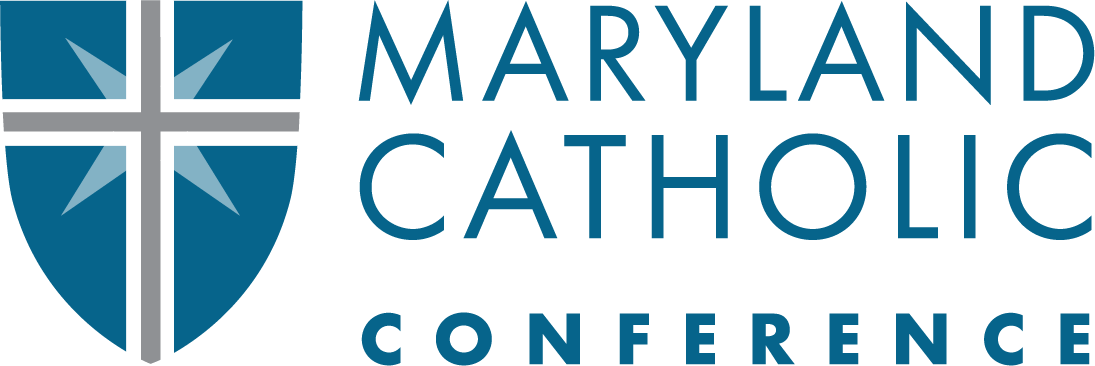Favorable
Committee: Judiciary
HB 0061
The Maryland Catholic Conference (MCC) offers this testimony in support of House Bill 61. The Catholic Conference is the public policy representative of the three (arch)dioceses serving Maryland, which together encompass over one million Marylanders. Statewide, their parishes, schools, hospitals and numerous charities combine to form our state’s second largest social service provider network, behind only our state government.
House Bill 61 would establish a program within the Division of Correction that provides formerly incarcerated individuals and individuals on probation with services such as 1.) assistance obtaining vital documents, 2.) assistance obtaining state identification, 3.) information regarding housing, 4.) assistance in obtaining transportation, 5.) information regarding health care, 6.) legal assistance, including legal assistance related to child support, 7.) anger management counseling, 8.) mental health services, 9.) substance abuse counseling and prevention services, 10.) employment assistance, and 11.) financial literacy courses and training. The bill also provides an annual appropriation for the program.
In its pastoral statement “Responsibility, Rehabilitation, and Restoration: A Catholic Perspective on Crime and Criminal Justice” (USCCB, 2000), the United States Conference of Catholic Bishops placed significant weight on efforts to reduce recidivism in criminal justice reform measures. The USCCB stated, “We call upon government to redirect the vast amount of public resources away from building more and more prisons and toward better and more effective programs aimed at crime prevention, rehabilitation, education efforts, substance abuse treatment, and programs of probation, parole and reintegration.”
The Church maintains that systems of incarceration should be centered around restorative justice. Efforts to reduce incidences of recidivism are imperative to ensuring system-involved citizens have a legitimate chance to turn their lives around and lead productive lives upon release from incarceration. Moreover, providing inmates with vocational skill training both prior to or upon release from prison elevates the dignity of work in our state. The Conference supports legislation that promotes access to “education…..and above all employment, for it is through free, creative, participatory and mutually supportive labor that human beings express and enhance the dignity of their lives.” (Pope Francis, Evangelii Gaudium, 192).
For these reasons, the MCC urges a favorable report on House Bill 61.
